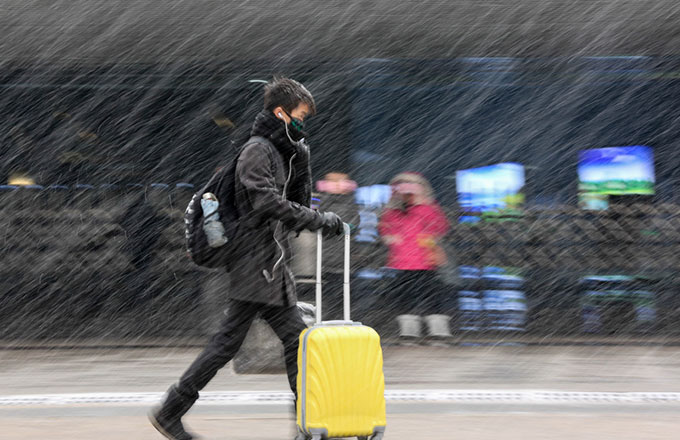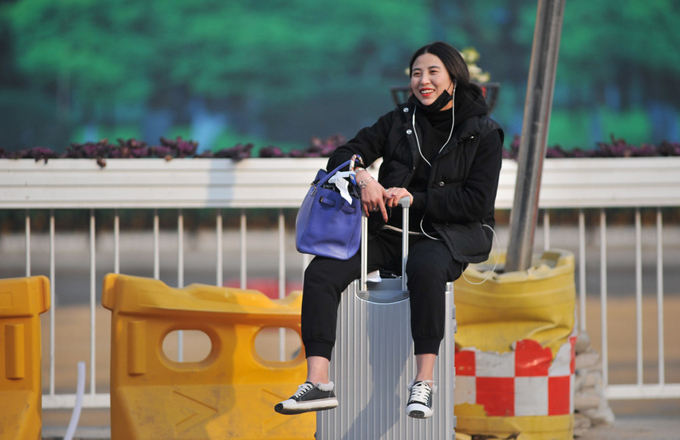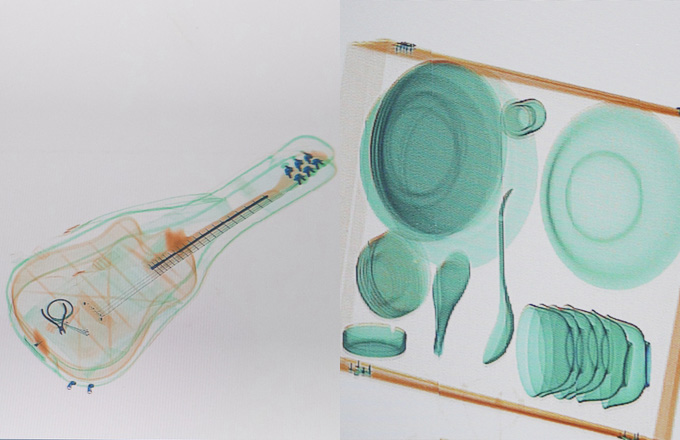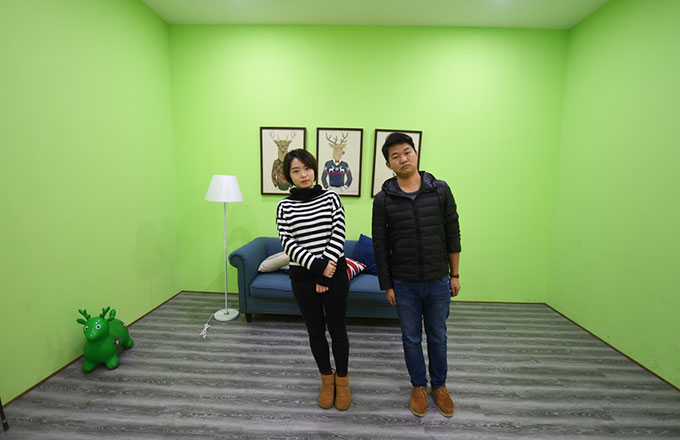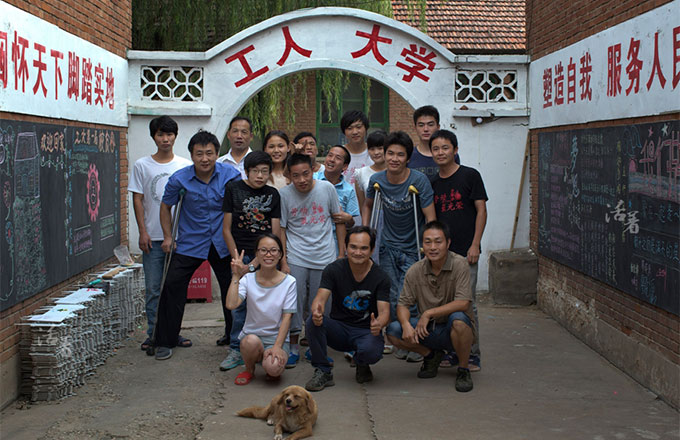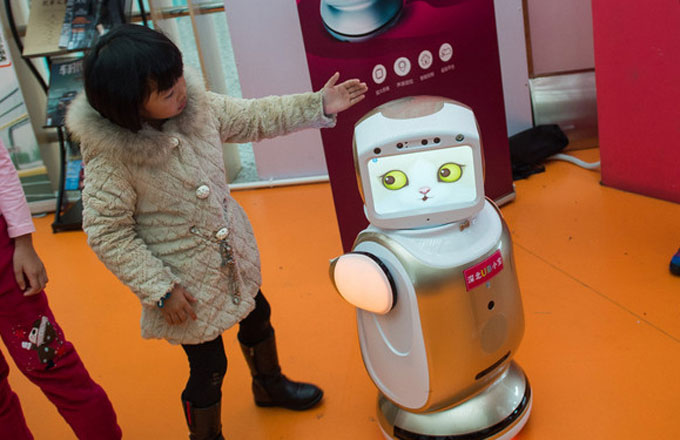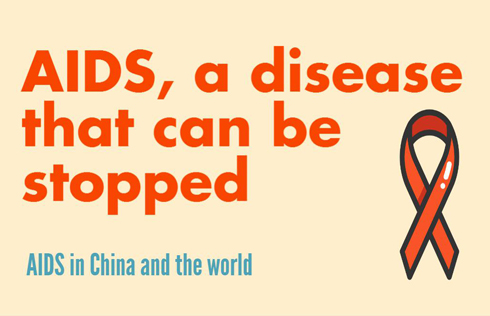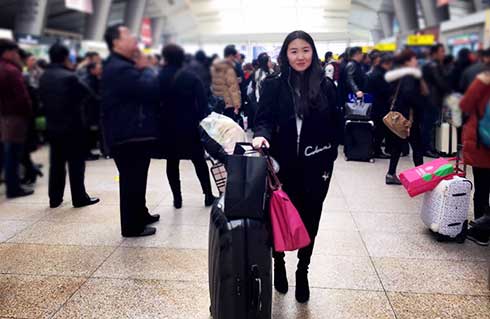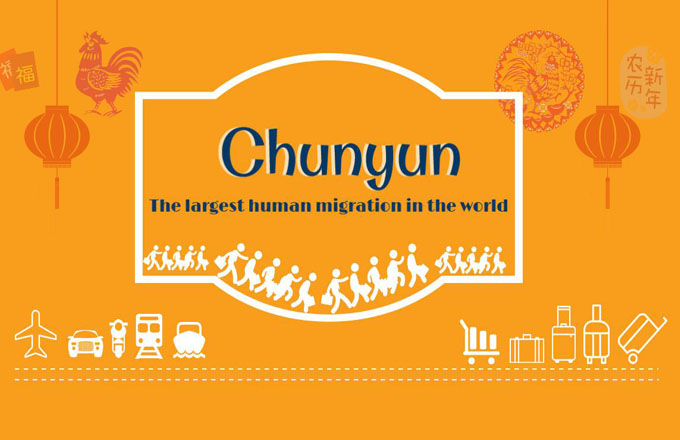China briefs foreign envoys on anti-graft work
BEIJING -- China's top anti-graft body on Thursday briefed more than 100 foreign envoys on its anti-corruption work, displaying the country's firm determination to eliminate corruption.
It is the first time that the Central Commission for Discipline Inspection (CCDI) of the Communist Party of China (CPC) has invited so many foreign envoys to visit the commission and communicate with anti-graft officials.
Wu Yuliang, deputy secretary of CCDI of the CPC, Xiao Pei, vice minister of supervision and Liu Jianchao, director of international cooperation bureau of the CCDI, briefed representatives of diplomatic missions from 113 countries and 13 offices of international organizations in China.
They also took questions from the representatives, who lauded China's anti-corruption drive calling it an outstanding political accomplishment.
Leonidas Rokanas, Greek ambassador to China, said that the event has sent a message of openness and transparency.
When responding to questions on whether China's anti-corruption drive will affect economic development, Wu said that "we have drawn a conclusion that anti-graft work will not impact the economic development," adding that it will only help regulate the market and maintain a sound order.
When responding to questions on the transparency of China's campaign to get back corrupt officials and other economic fugitives overseas, Wu said the work is conducted in accordance with China's laws and laws of other countries.
The CPC Central Committee has shown zero tolerance to corruption since the 18th National Congress of the CPC in late 2012, implemented the eight-point rules on improving work styles and keeping close contact with the people and improved party discipline comprehensively.
"The spread of corruption has been effectively contained, the objective of ensuring officials do not dare to be corrupt has been basically achieved," an official with the CCDI said.
"The system of ensuring officials are not able to be corrupt is being improved and a dam to ensure officials are not willing to be corrupt is being raised," the official said, adding that a new atmosphere is emerging in the political life within the Party.
The official said the ongoing national supervisory system reform is a major political reform. As a result of the reform, a unified national supervisory system will be established to cover all officials with public power.
Pilot reforms will first be conducted in Beijing and the provinces of Shanxi and Zhejiang.
On international cooperation, the official said that China is willing to enhance pragmatic cooperation with other countries to "weave a cooperative network against corruption."




